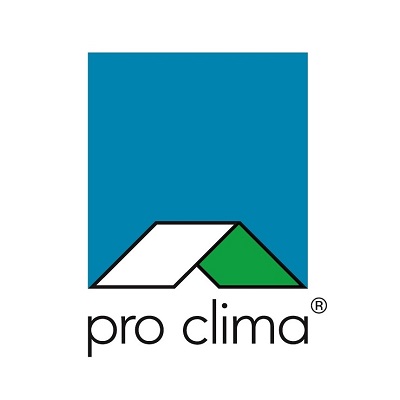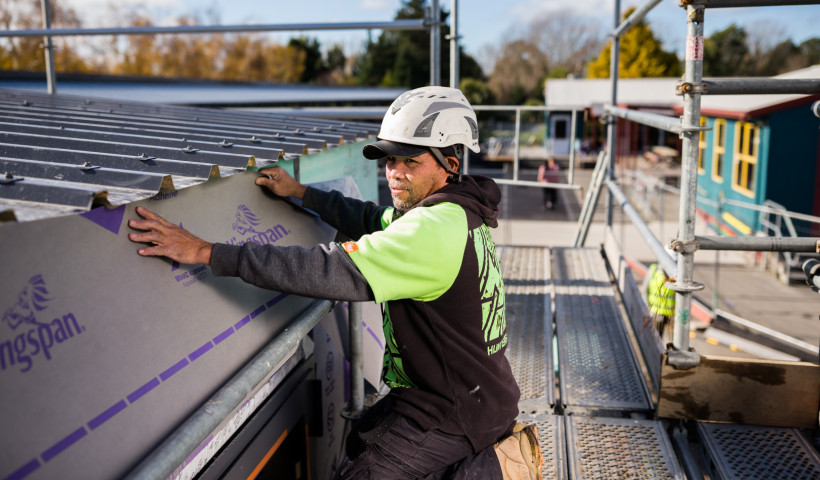
Building Code 2021 on Acceptable Solutions and Verification Methods was introduced on 4 November 2021 with a one-year transition period that will end on 3 November 2022. The code was updated with substantial participation and consultation from architects, designers, engineers, builders, and building consent authorities. Several responses also came directly from the New Zealand public consisting of building owners, occupants and renters. The changes in the code consist mainly around energy efficiency for residential and commercial buildings, HVAC in commercial buildings, natural light and weathertightness in small and large buildings.
To achieve higher energy efficiency for residential and commercial buildings, the Ministry of Business, Innovation and Employment (MBIE) of New Zealand has proceeded with changes to roof, window, wall and underfloor insulation requirements with higher R-values. The increase in R-values aims to reduce the energy needed for heating residential homes by approximately 40%, and 23% for heating and cooling commercial buildings over previous minimum requirements.
The proposed new changes of Acceptable Solution H1/AS1 and Verification Method H1/VM1 results in high R-values to different degrees in the roof, wall and floor applications. Still, for roof application, the required R-values have doubled. In this scenario, New Zealand roof construction types like skillion roofs will use twice the amount of fibreglass insulation, which is not practical due to the constraint of space.
Kingspan Kooltherm is a thin-profiled insulation rigid board range, offering high thermal performance along with helping save real estate space. Kingspan’s Kooltherm insulation solutions feature ultra-low conductivity, which means they can achieve the same thermal performance as fibreglass in a much thinner profile. Its superior closed cell technology also helps provide reliable long term thermal performance.
While having higher R-value insulation is advantageous for thermal performance, it is also important to ensure condensation risks are assessed with any final system , especially in the wall systems. Therefore, it is equally essential to ensure that high-performance building wraps, sarking and membranes are used in the building systems. Kingspan Thermakraft offers a range of building wraps that helps mitigate the risk of condensation in residential structures.
According to the code update, condensation risk is much lower in commercial buildings with a mechanical ventilation system.
Using high-quality building products has never been more important due to the minimum increased system requirements of Acceptable Solution H1/AS1 and Verification Method H1/VM1. Kingspan Kootherm insulation and Kingspan Thermakraft wraps offer a perfect solution to help you be compliant with the latest building code changes, with high performing insulation and condensation risk-mitigating wraps.
To get technical assistance in specifying Kingspan Kooltherm or Kingspan Thermakraft, get in touch at [email protected] or call us on 0800 123 231.











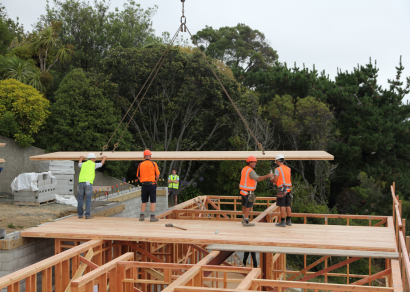
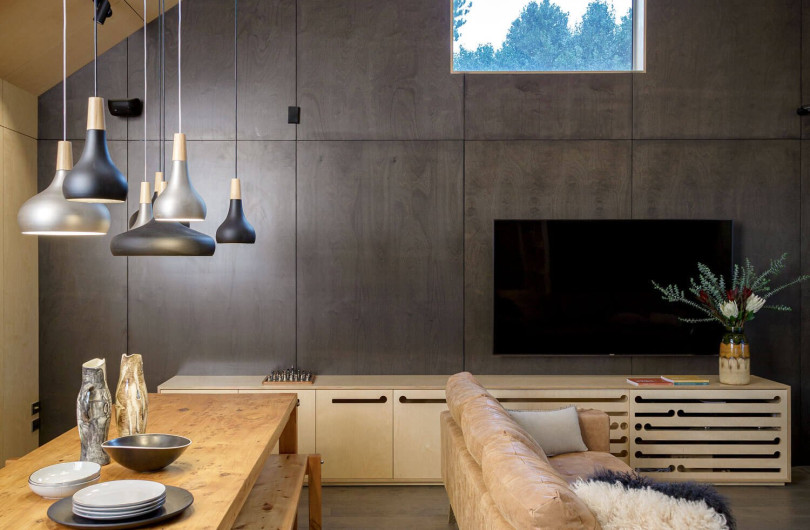
 Case Studies
Case Studies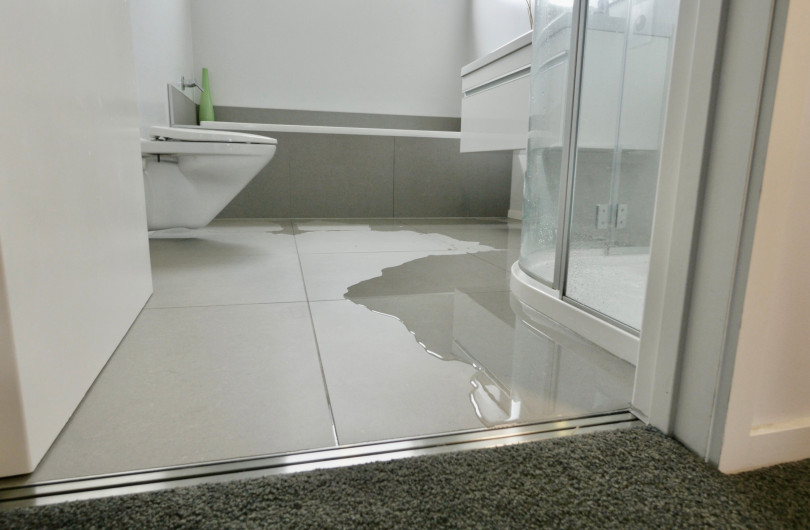



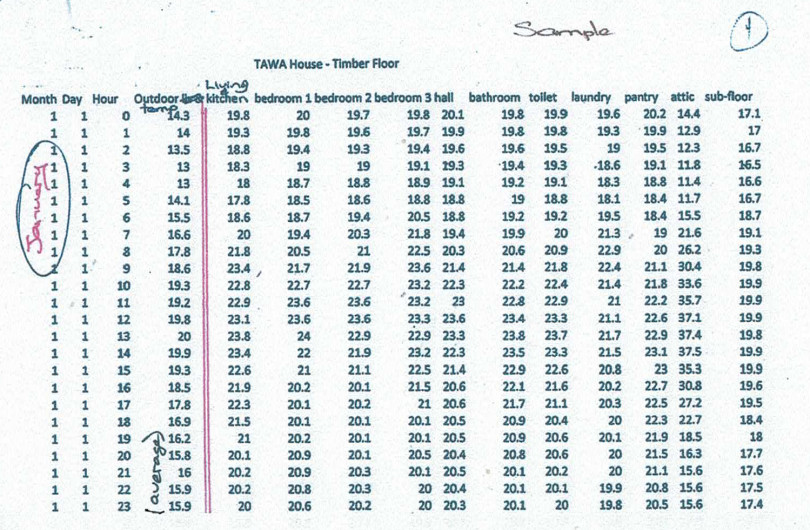




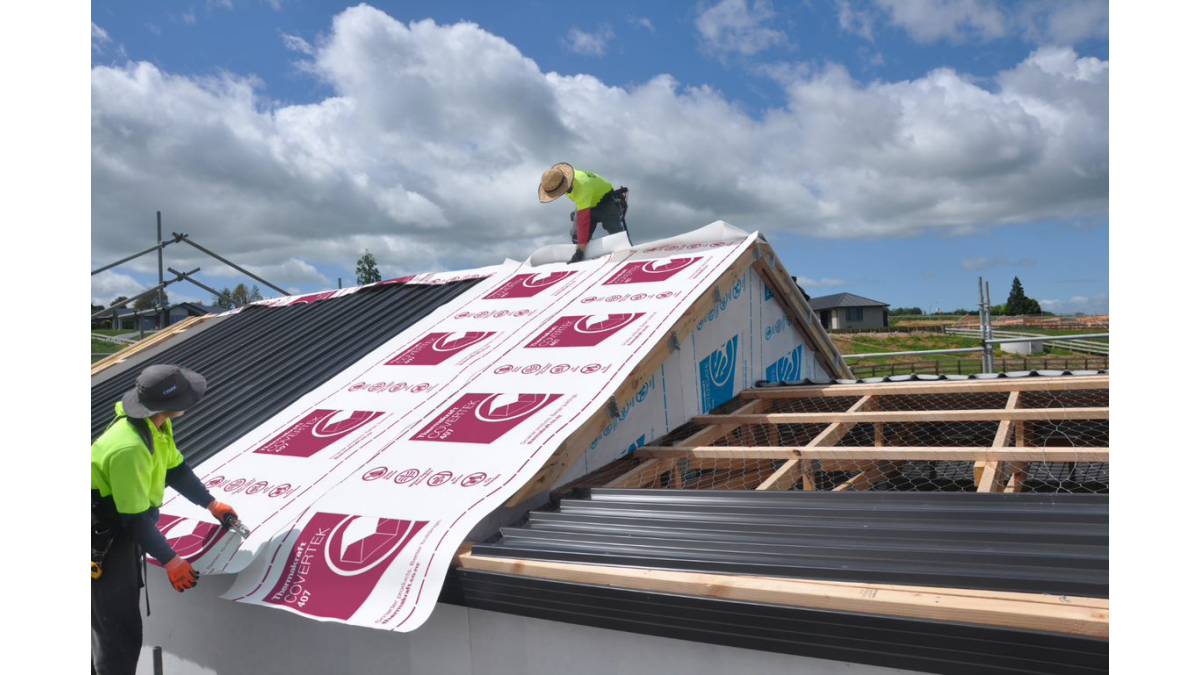
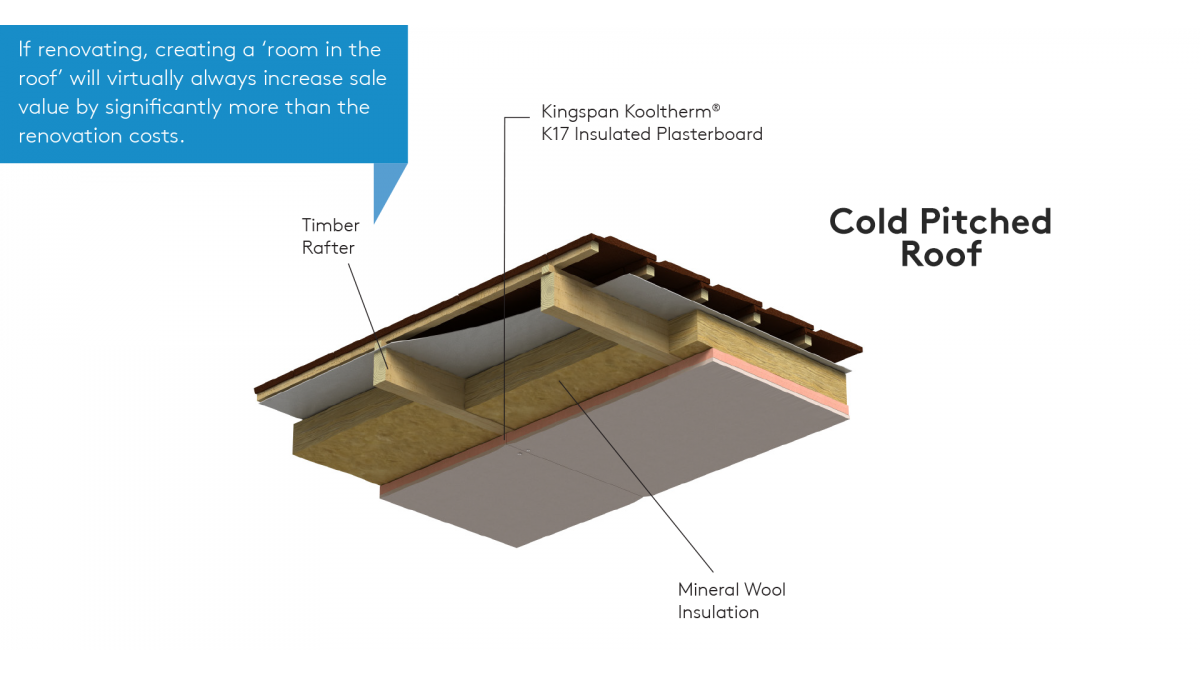
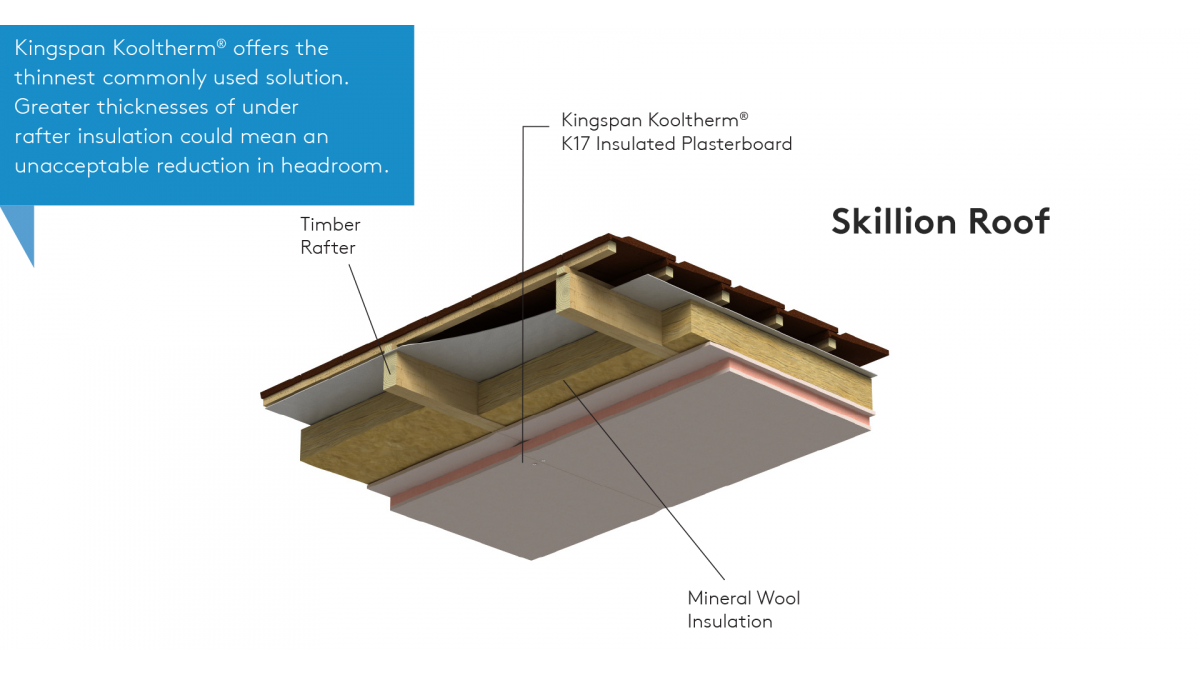


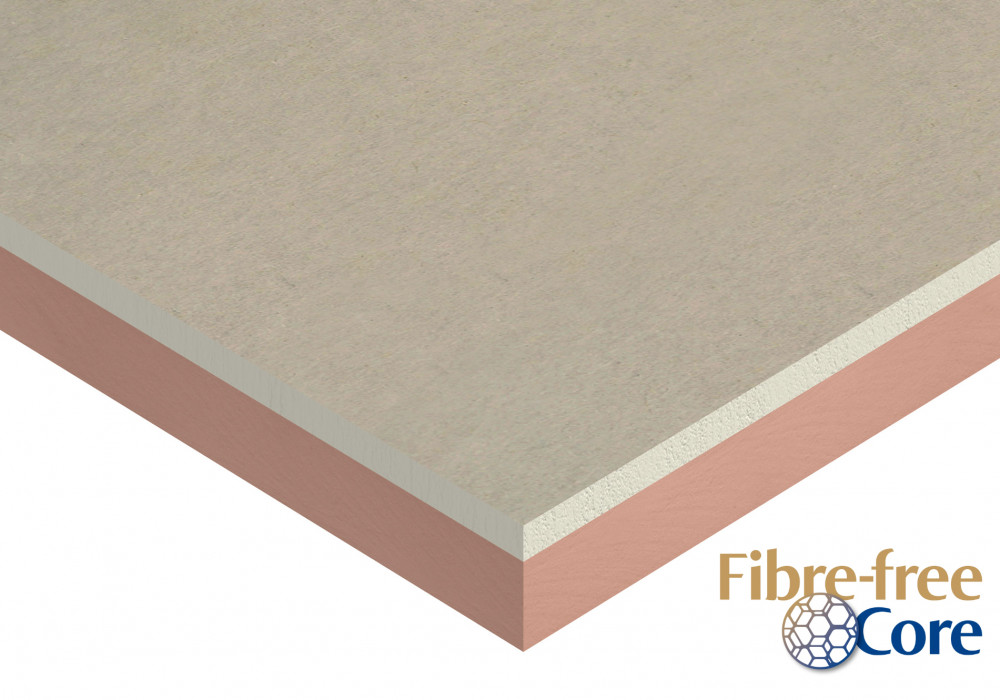

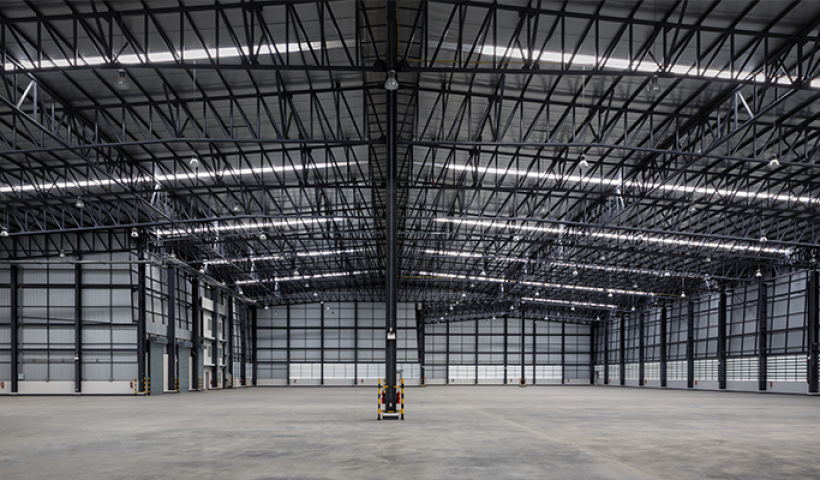
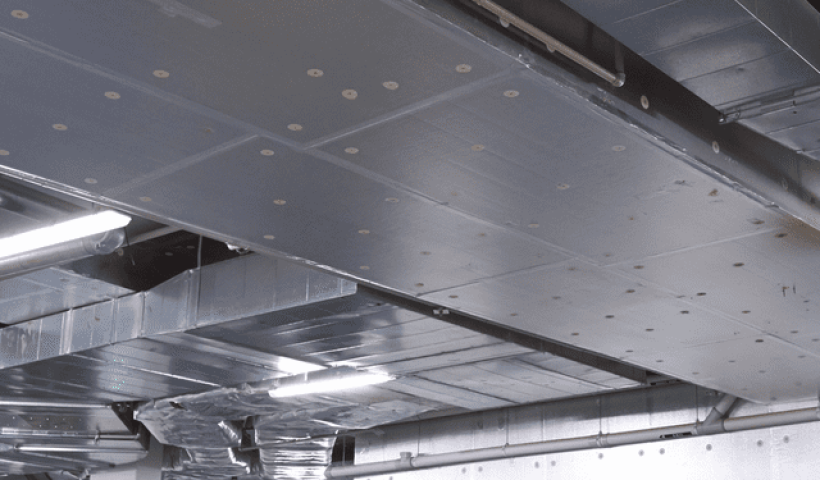
 Popular Products from Kingspan Thermakraft
Popular Products from Kingspan Thermakraft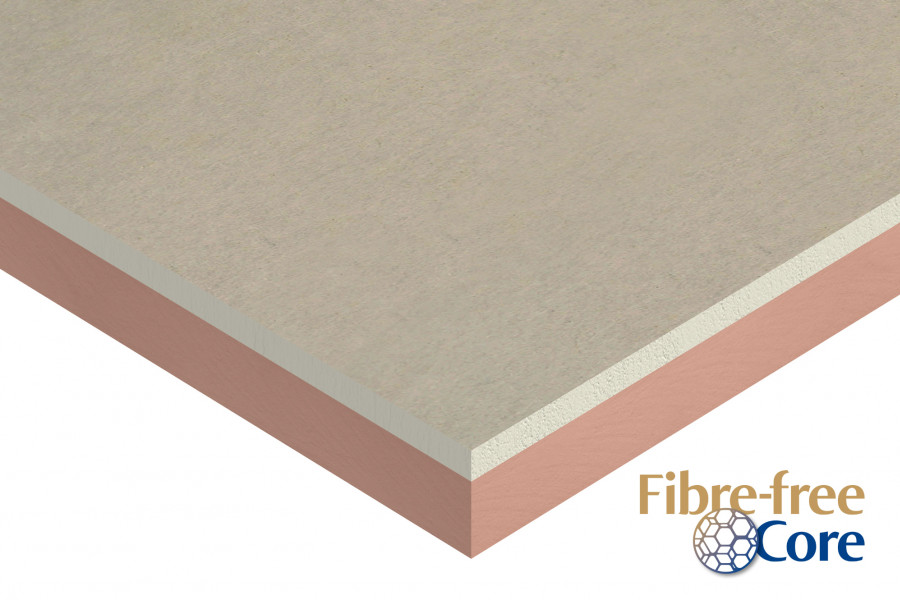

 Most Popular
Most Popular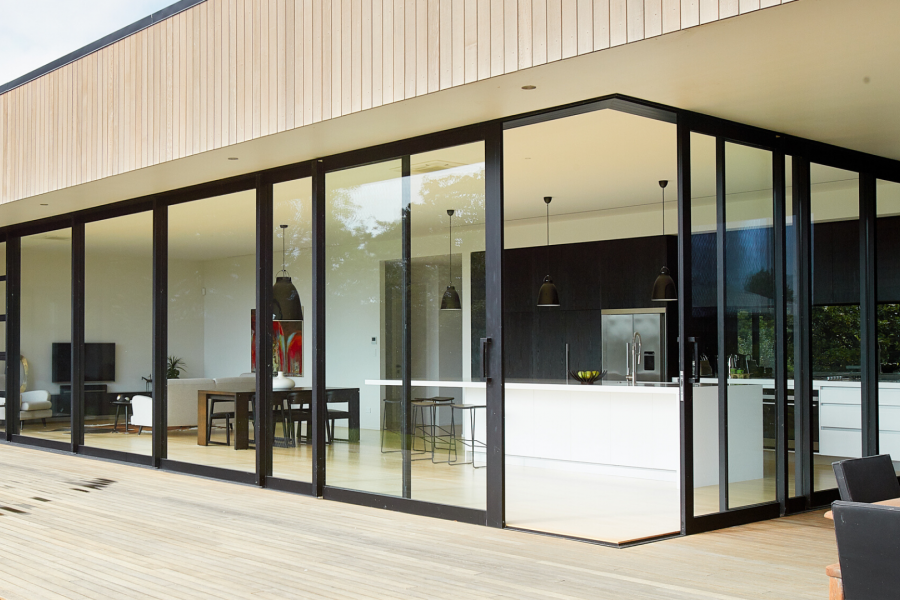
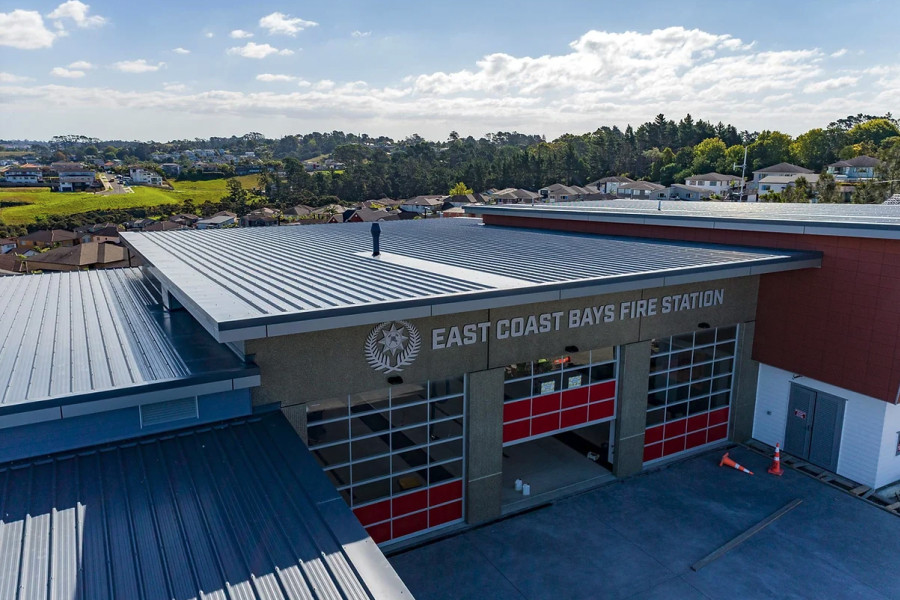
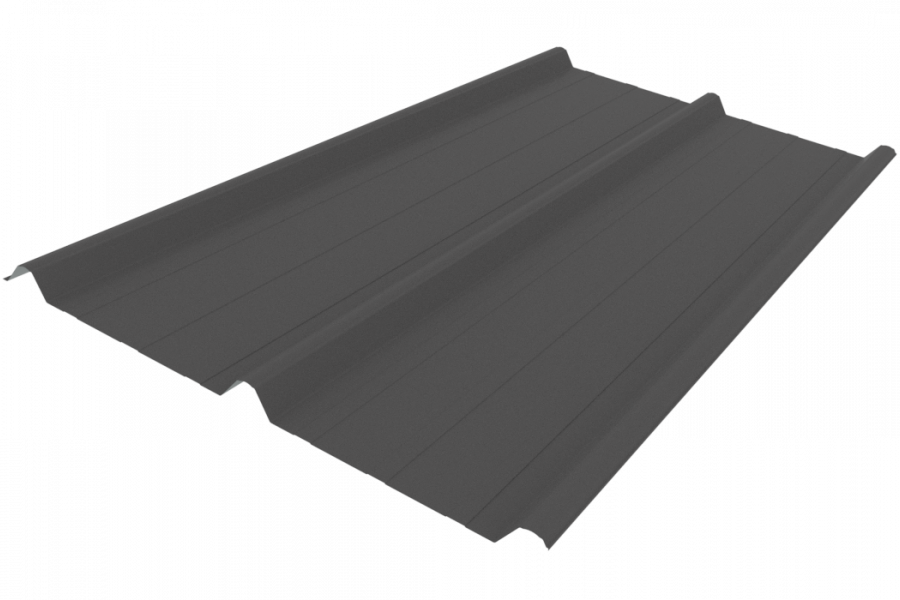
 Popular Blog Posts
Popular Blog Posts